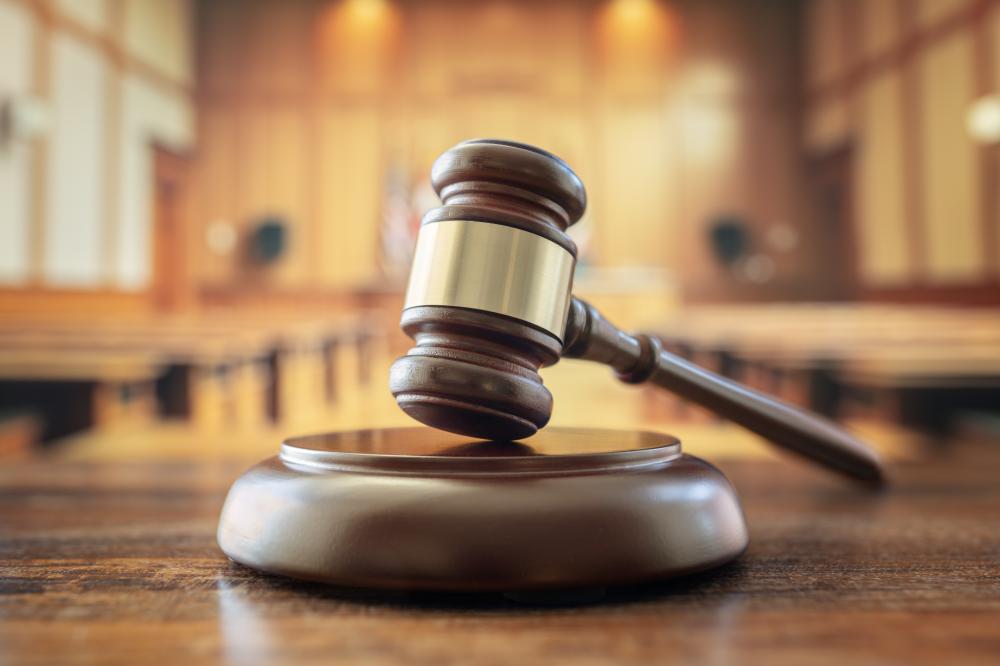New technologies such as the use of pixels have led to a surge -- beginning in 2022 -- of litigation involving older privacy laws because newer legislation lacks a private right of action, privacy lawyers said during a webinar Wednesday.
Privacy Daily is providing readers with the top stories from last week, in case you missed them. All articles can be found by searching on the title or by clicking on the hyperlinked reference number.
The number of cases alleging violations of the 1988 Video Privacy Protection Act has risen in recent years and seems likely to continue to grow after an October decision by the 2nd U.S. Circuit Court of Appeals, privacy lawyers said in interviews. The VPPA was intended to protect the privacy of an individual’s video store rentals. However, in the past decade or so, its reach has widened to include streaming services, said Matthew Wolfe, a Shook Hardy privacy attorney.
Twenty-five privacy decisions from October to December show a significant uptick in the number of pixel-based court rulings on wiretapping issued nationwide, according to Husch Blackwell’s Dustin Taylor and Owen Davis in their monthly data privacy litigation report Monday. Ten of the decisions cited in the report were about pixel-wiretapping decisions: four on chat-wiretapping decisions, four on secure reliable transport-wiretapping, five on pen registry/tap and trace decisions and two on Video Privacy Protection Act (VPPA) decisions.
GameStop and the plaintiffs in a class-action suit alleging violation of the Video Privacy Protection Act (VPPA) agreed to dismiss the lawsuit, the parties announced in a joint stipulation of dismissal at U.S. District Court of New York Monday.
